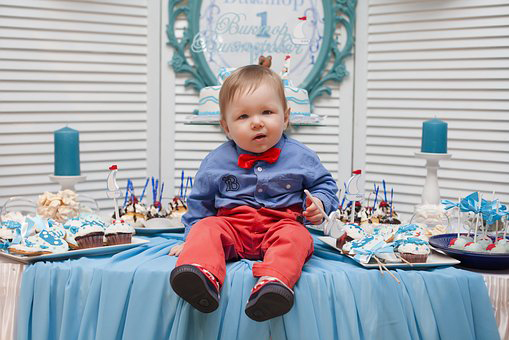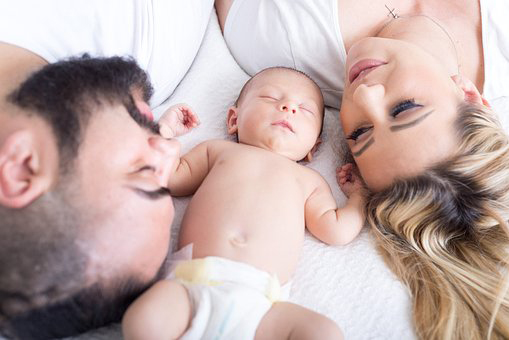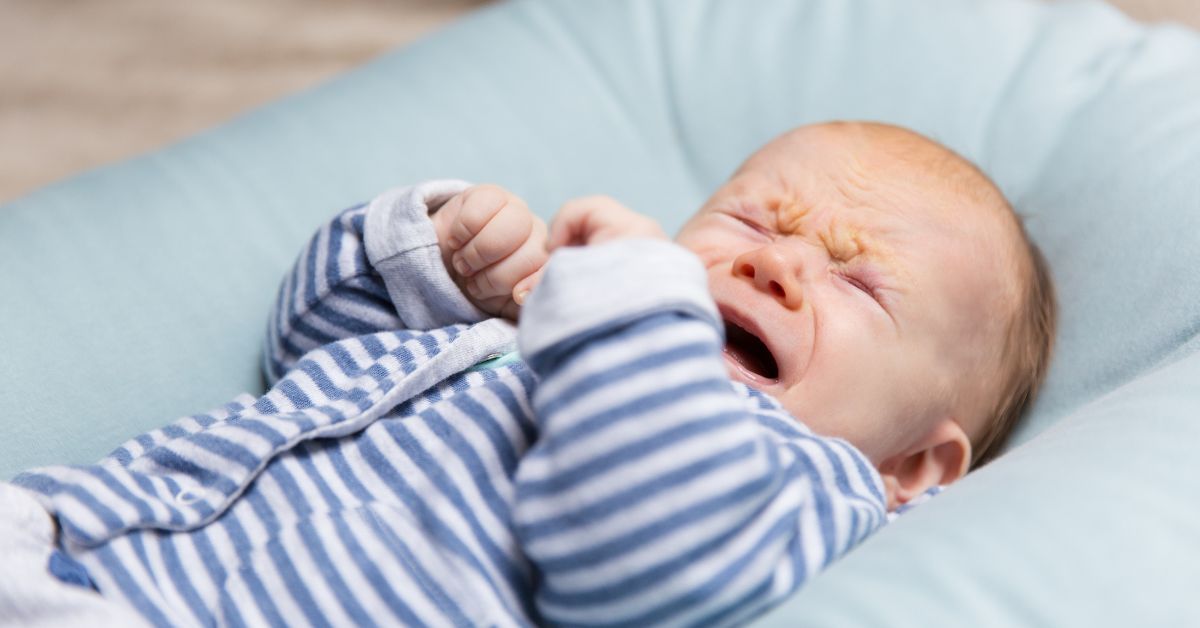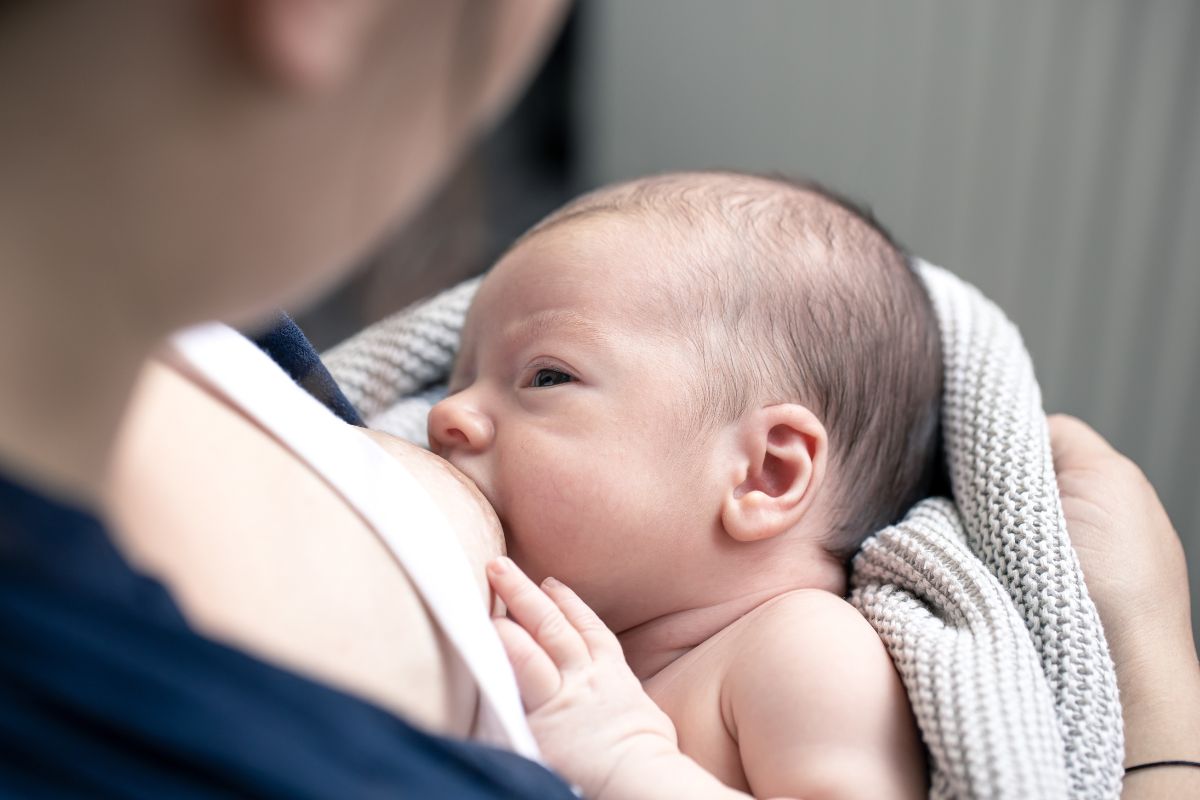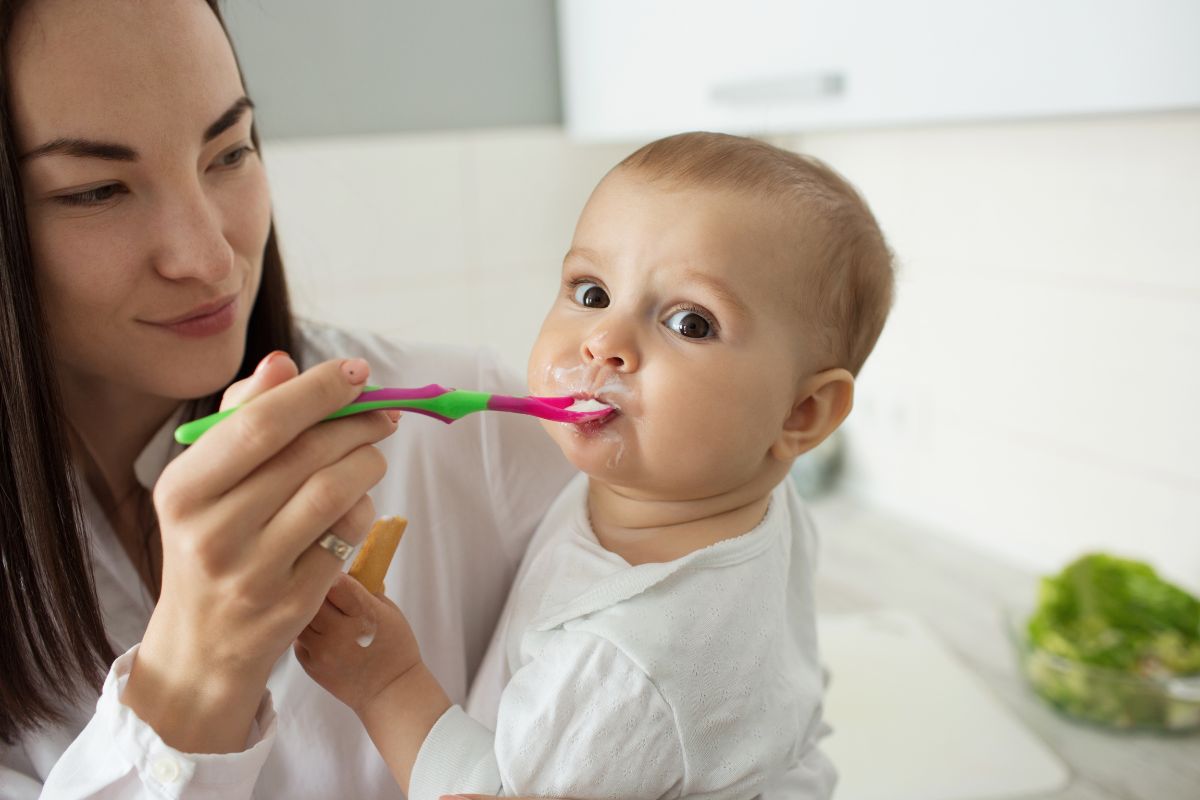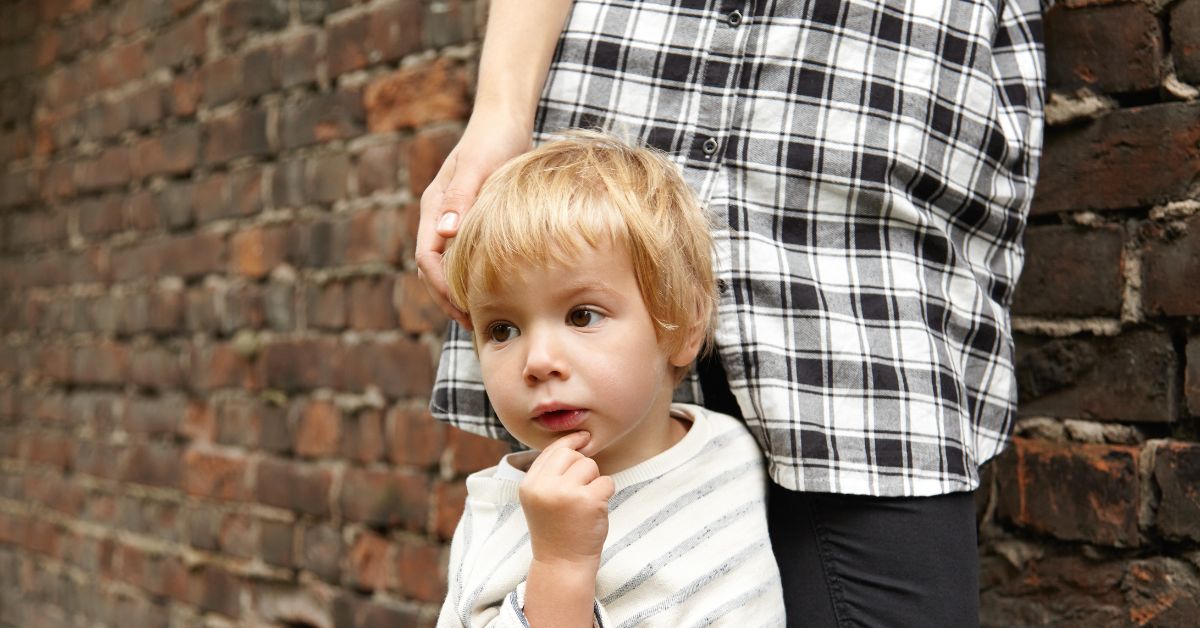The birth of a child brings significant changes into the family routine as the infant instantly becomes the centre of attention. The infant receives a lot of time, attention, care and love. Then, after a while, family members re-intensify their social activities and once again pay visits, go out, spend time with friends and family. Christmas holidays, New Year’s celebrations, baptisms and weddings present a special challenge. Some parents avoid these types of get-togethers, partly because of exhaustion and lack of sleep, partly out of fear of contagious diseases. Others have no qualms about taking their children to various get-togethers and celebrations. Like anything else in life, this too is a question of balance: it is important to maintain social contacts and have fun, but also to protect the child’s health.
What to consider
As a rule, indoor gatherings of large numbers of people increase the risk of transmission of various respiratory and digestive tract inflammation causal agents. Furthermore, infants should not spend time in rooms filled with cigarette smoke. At gatherings like this, small children are typically the centre of attention: everyone approaches them, touches them, kisses them, tells them things (often very loudly). Gatherings often include loud music and large numbers of people dancing and laughing. In infancy, children are not ready for such large amounts of different stimuli. Excessive stimulation is manifested in increased irritability, intensified infant cramps, eating and sleeping disorders. All of this suggests that large, lengthy (all-night) indoor gatherings (such as weddings) are not appropriate for infants.
What to do before attending a party/celebration with children and how to prepare for it?
However, some familial obligations cannot be avoided, so an appropriate solution needs to be found. Before attending a party/celebration of this kind, prepare in advance everything you need for infant care: diapers, spare clothes of appropriate thickness in case of unpredictable conditions (heat, cold), and a sufficient amount of food the infant usually consumes (this is easily determined for breastfed infants). If food preparation requires water, check its quality in advance; if in doubt, take water with you.
Well water – no matter how tasty it may be or how highly the people who use it speak of it – is not appropriate for infants (even after boiling). Ensure a peaceful room for infant care, rest and feeding. When attending weddings, parents can take turns taking care of the child, and grandparents can be of great help as well. The mother should receive special care and consideration, given that she is usually exposed to increased stress and lack of rest and sleep. Breastfeeding women should be mindful of what they eat and drink during the celebration: alcohol and spicy food are not appropriate. Furthermore, avoid lengthy exposure to cigarette smoke as passive smoking also introduces significant amounts of harmful chemical compounds into the organism, which can become concentrated in the breast milk.
Watch out for your children
In any case, never leave your infant without supervision and make sure he/she does not put anything inappropriate or potentially dangerous (ranging from various types of food and drinks to different decorations) into his/her mouth.
Young preschool children may be carriers of various contagious diseases, so it is necessary to monitor close contact with them. Their hands and noses often contain causative agents which are in effect transmitted onto others, because the children have not yet mastered basic hygiene skills such as hand washing, proper nose wiping and avoiding putting fingers, toys and other objects into their mouths.
What to do after celebrations?
Finally, when the celebration is over, the person driving the family back home should not be tired or intoxicated. It is therefore wise to organise sleeping and rest until the following day.
